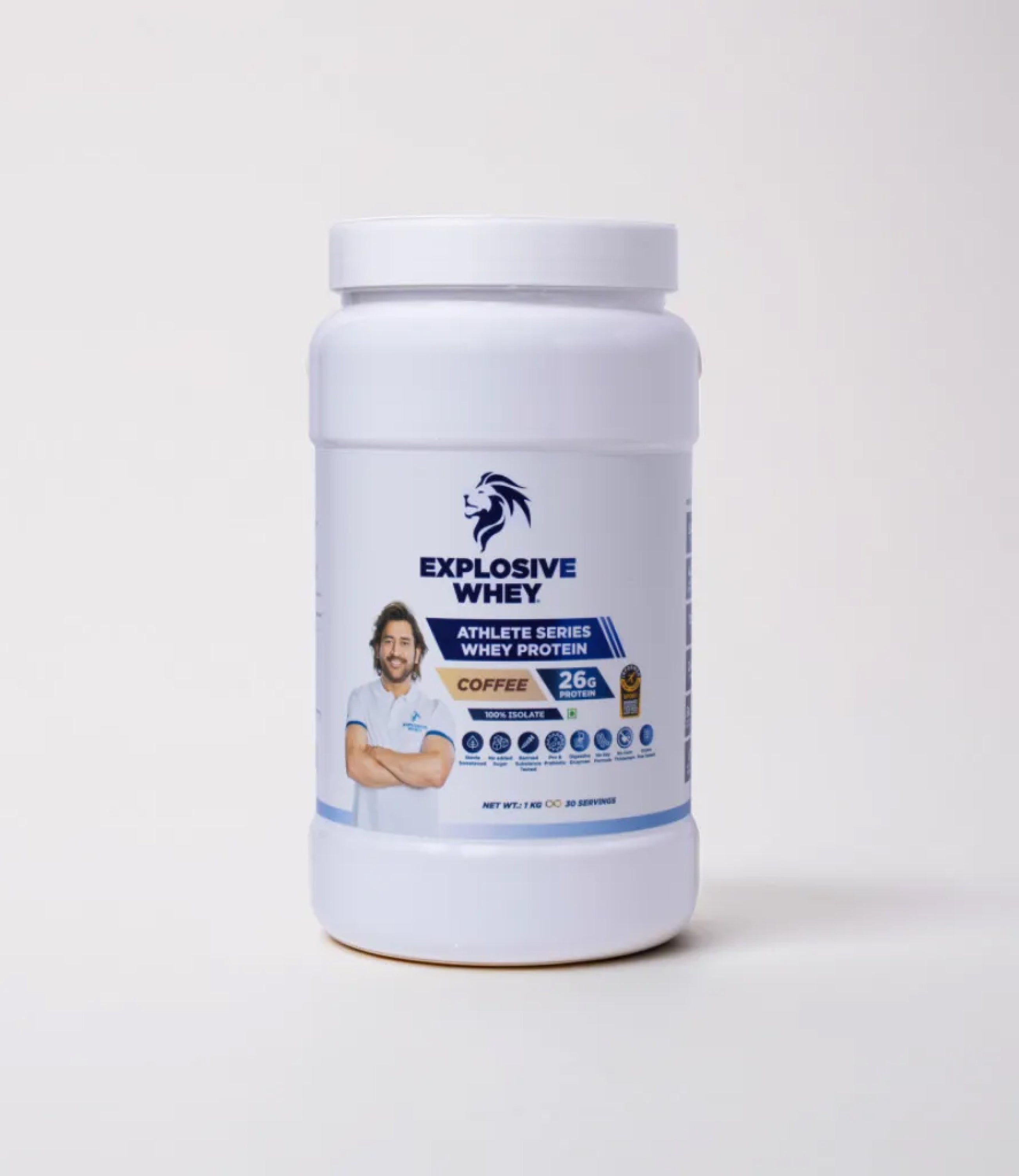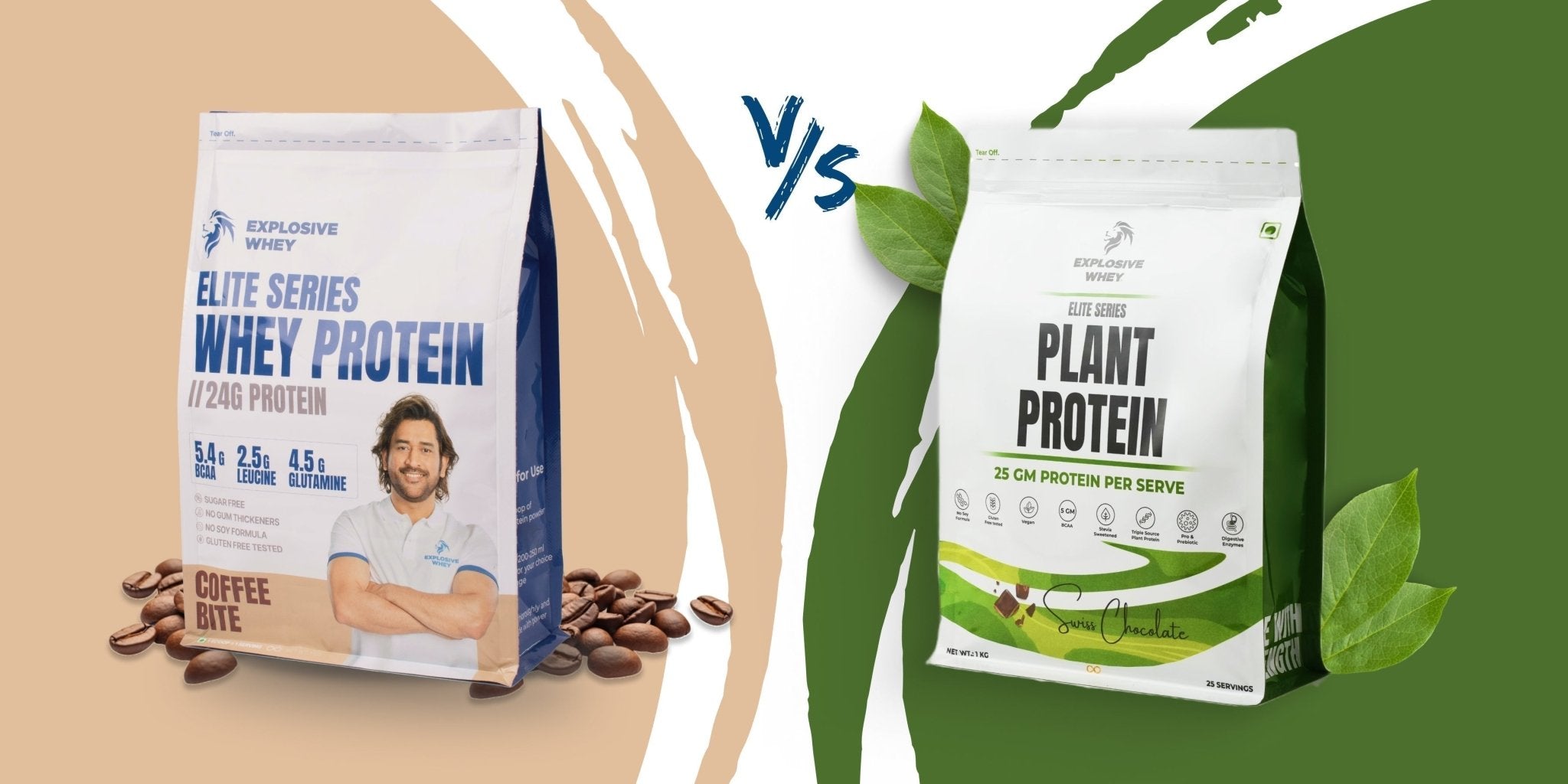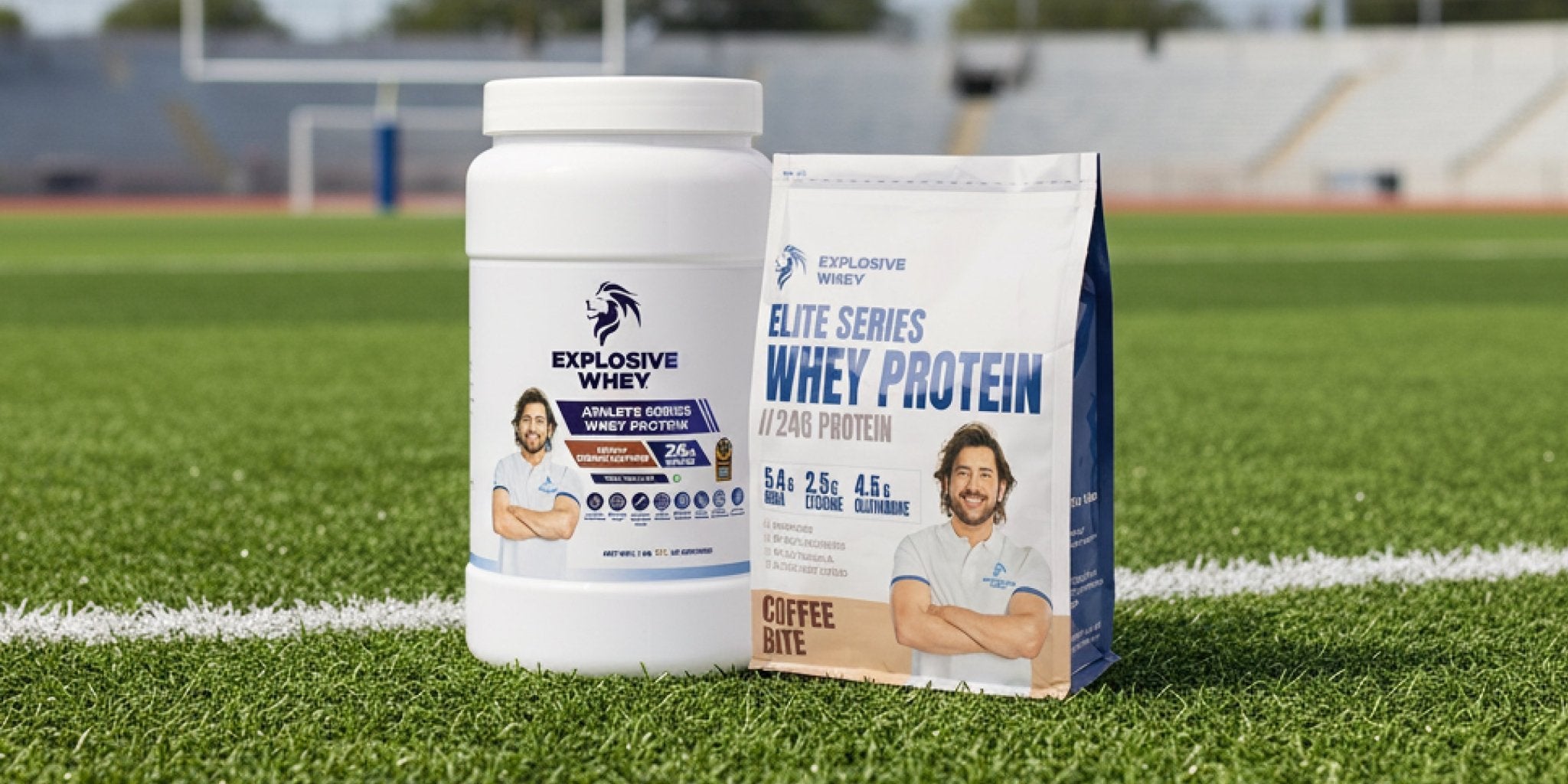When choosing supplements, one of the most overlooked but important aspects is digestive enzyme protein. These enzymes make it easier for your body to break down and absorb nutrients from protein powders, ensuring maximum benefits without discomfort. Whether you’re using digestive enzyme powder, whey protein digestive enzymes, or looking into natural options, understanding their role can greatly improve your overall health and performance.
Digestive Enzymes Protein: What It Means for Your Health?
Digestive enzymes help your body convert protein molecules into usable amino acids. This process allows muscles, tissues, and organs to benefit fully from the nutrients. Without these enzymes, protein absorption can be incomplete, leading to issues like bloating, indigestion, or reduced workout recovery. Including the right protein digestive enzyme in your routine ensures smoother digestion and better wellness.
The Role of Enzymes in Protein Powders
 Digestive enzymes in protein powder enhance bioavailability and support gut comfort. They make protein shakes more effective for athletes and fitness enthusiasts alike.
Digestive enzymes in protein powder enhance bioavailability and support gut comfort. They make protein shakes more effective for athletes and fitness enthusiasts alike.
Breaking Down Protein Molecules
Protein molecules are often large and complex, making them difficult for the body to use efficiently. Digestive enzymes help by breaking these molecules into smaller amino acids. This step ensures the body can use protein quickly for muscle repair, tissue recovery, and energy production after workouts.
Improving Nutrient Absorption
Adding digestive enzyme powder to protein shakes increases nutrient absorption. When proteins are broken down effectively, vitamins and minerals that come with them are better utilized by the body. This leads to improved immunity, stronger bones, and higher energy levels.
Reducing Bloating and Discomfort
Many people experience bloating or heaviness after consuming protein powders. Digestive enzymes protein reduces this issue by helping the gut process protein more efficiently. As a result, digestion feels lighter, and post-meal discomfort is minimized.
Supporting Protein Efficiency
Digestive enzymes make every scoop of protein powder more efficient. Instead of wasting nutrients due to poor breakdown, these enzymes maximize utilization. This allows athletes and health-conscious individuals to get more results from smaller servings.
Whey Protein Digestive Enzymes
 Many whey supplements now include added enzymes to make protein easier to digest and gentler on the stomach.
Many whey supplements now include added enzymes to make protein easier to digest and gentler on the stomach.
Amylase
Amylase primarily breaks down carbohydrates but also supports whey protein digestion by reducing digestive load. When present in protein powders, it helps balance energy release and promotes better post-workout recovery.
Protease
Protease is one of the most important protein-digesting enzymes. It directly breaks down protein chains into amino acids, making whey easier to absorb. Higher protease activity means faster muscle recovery and less digestive strain.
Cellulase
Cellulase targets plant fibers but also plays a role in easing digestion when whey protein blends include plant-based additives. It ensures smoother breakdown of fiber-rich mixes, reducing gas and bloating.
Lipase
Lipase assists in fat digestion, which is helpful in protein powders that also contain healthy fats. Breaking fats into fatty acids improves nutrient absorption and balances energy levels.
Lactase
Since whey comes from milk, lactase is crucial for those sensitive to lactose. It breaks down milk sugar, preventing discomfort such as bloating, cramps, or diarrhea in lactose-intolerant users.
Recognizing Enzyme Imbalance
Digestive enzyme imbalance can affect how well your body processes protein and other nutrients. When enzymes are low, even healthy meals may leave you feeling heavy or bloated.
Common Underlying Causes
Aging, poor diet, and stress can reduce enzyme production. Some medical conditions may also disrupt natural enzyme levels, making protein digestion more challenging. Small lifestyle changes, like eating slowly and including enzyme-rich foods, can help support digestion.
Digestive Health Signs
Signs of enzyme imbalance include bloating, indigestion, or excessive gas after eating protein-rich foods. These symptoms often indicate that protein isn’t being broken down properly. Paying attention to how your body reacts after meals can help identify these imbalances early.
Whole-Body Symptoms
Beyond the gut, poor protein digestion can cause fatigue, weakened immunity, and muscle loss. Since amino acids fuel the body, an enzyme imbalance may affect both physical and mental performance. Addressing enzyme issues can improve energy, mood, and overall strength.
The Gut-Enzyme Health Connection
Your gut health and enzyme levels are closely linked, influencing digestion and overall wellness.A balanced gut can make your meals feel lighter and your body more energized.
Microbiome Positive Influence
A healthy gut microbiome boosts enzyme activity naturally. Beneficial bacteria produce enzymes that help break down food, including protein, which supports better absorption. Adding fermented foods like yogurt or kefir can nourish these helpful microbes.
Optimal pH Level Impact
Digestive enzymes work best at specific pH levels in the stomach and small intestine. Maintaining balanced acidity ensures proteins are broken down smoothly into amino acids. Avoiding overly processed foods and excessive antacids can keep your pH in check.
Stress and Digestive Health
Stress reduces digestive enzyme activity and slows down gut function. Chronic stress can lead to poor protein absorption, reduced energy, and weaker recovery after workouts. Simple stress-busting habits like deep breathing or short walks can support both gut and enzyme health.
Natural Sources and Helpful Supplements
 Supporting enzyme health can be done naturally through food or supplements.
Supporting enzyme health can be done naturally through food or supplements.
Enzyme-Rich Whole Foods
Foods like pineapple, papaya, kiwi, and ginger naturally contain digestive enzymes. Regularly adding these to your diet can improve protein digestion and support gut health.
Supplement Forms
Digestive enzymes powder or capsules are available to pair with protein shakes. These supplements are especially useful for athletes, older adults, or anyone experiencing digestive discomfort.
Making Your Choice
Choosing between natural foods and supplements depends on your individual needs. Whole foods give balanced nutrition, while supplements provide convenience and precision. For athletes, supplements can be a smarter choice for faster recovery and targeted results.
Digestive enzyme protein is a game-changer for improving how your body handles protein powders. By breaking down molecules, reducing bloating, and supporting nutrient absorption, these enzymes make your shakes more effective. Whether you opt for whey protein digestive enzymes or natural enzyme-rich foods, giving your gut the right support ensures better health, recovery, and long-term fitness.
FAQ
Which foods are high in digestive enzymes?
Pineapple, papaya, kiwi, mango, and ginger are rich in digestive enzymes that help improve protein and overall nutrient absorption.
What are the 7 digestive enzymes?
The main ones include amylase, protease, lipase, lactase, cellulase, maltase, and sucrase, each supporting specific nutrient breakdown.
What are the symptoms of not digesting protein?
Symptoms include bloating, indigestion, fatigue, muscle weakness, and poor recovery after exercise.
What's the difference between digestive enzymes and probiotics?
Digestive enzymes break down food into absorbable nutrients, while probiotics are live bacteria that support gut balance and health.










Leave a comment
This site is protected by hCaptcha and the hCaptcha Privacy Policy and Terms of Service apply.